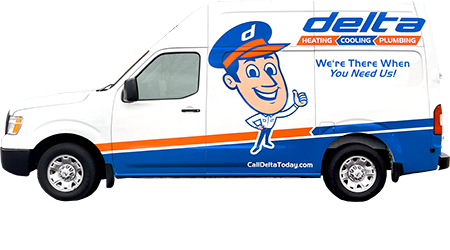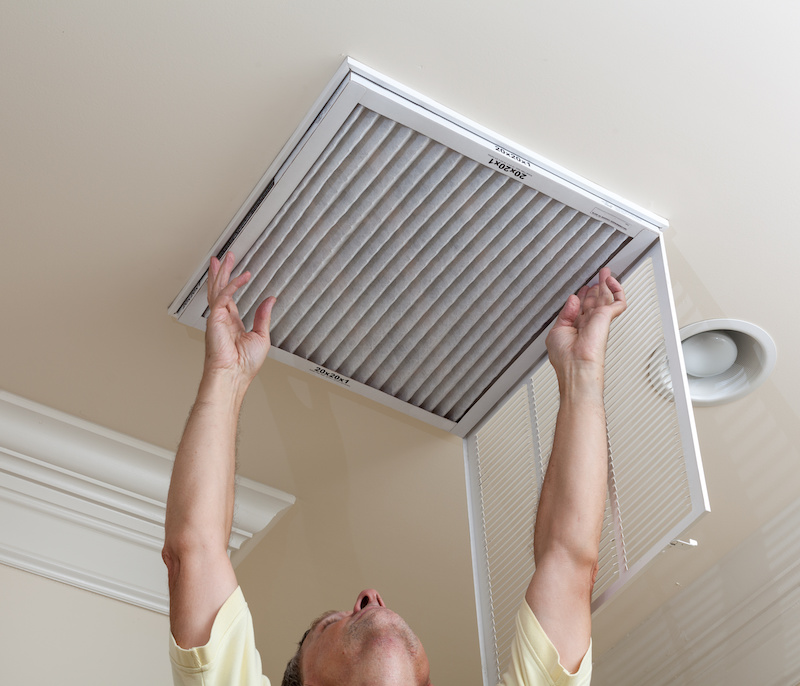The air filters are responsible for maintaining your home’s HVAC system free of dust and debris. You would be surprised at how quickly it accumulates on your equipment.
Following the coronavirus pandemic, AC filters have gained more attention. With concern about the airborne transmission of the virus, some experts are recommending the use of more efficient air filters in order to trap virus particles.
Why you should change your filters
When an AC filter gets clogged, dust and dirt go into the air-conditioning system itself, leading to wear and tear on the parts of the system. Which can lead to quicker wear and tear on the parts, and the sooner a breakdown will occur. The clogged filter also prevents adequate air from flowing throughout the system to keep it working properly.
Knowing when to change your AC filter is a useful skill to have. According to ENERGY STAR, you should change your AC filter once a month during peak air conditioning season. This may be more often than you would like to have your local HVAC professionals come out to change it, so knowing how to change the air filter yourself can be very helpful.
How to change your air filters
Before you begin to change your air filters you should first check on what size filter you have. Usually, the size number is indicated on the side of the filter. In any case, you may also ask for a copy of your HVAC tech’s contact details so you can place an order directly with them.
In addition, keep in mind that you may wish to acquire filters that can do more than just catch dust in your air conditioner. If you would like to improve air quality in your space by removing pet dander, pollen and other airborne contaminants, you should invest in HEPA filters with a MERV rating of 10 or higher.
After you have found where the air filters are located and what size air filters your system uses, then the process to replace the filters is simple.
- Turn off the power. This is important for a number of reasons. First, there is your safety. Do not risk touching live voltage! The second reason is the safety of your equipment. If your unit is still running as you remove the clogged filter, dust and debris can get sucked into the unit.
- Remove the old filter. The filter should be able to simply be pulled out of the intake vent.
- Checking the condition of the old filter. Once you remove the AC filter, inspect its condition. Does it appear clogged with dirt and dust? If you hold it up to the light, can you somehow see a great deal of light passing through? This filter should be replaced or cleaned, depending on the filter type and how long it’s been in use. even if it hasn’t been in use as long suggested by its manufacturer, you should still replace it.
- Insert the new filter. Air filters usually have arrows printed on the side to help show you which way the air flow should go when installing the new air filter.
Maintenance Plans
The best way to ensure the most efficient operation of your HVAC equipment is to work with a preventative maintenance plan. It is a small investment that will save you a ton of money and concern in the long-term. Plus, you can get an agreement that is perfectly suited to your HVAC equipment, your particular needs, and your budget.
Signing up for one of our maintenance plans is the best way to give yourself peace of mind that your HVAC system is ready to handle all that the warmer season has in store. Contact Delta to discuss how regular maintenance can help you.

